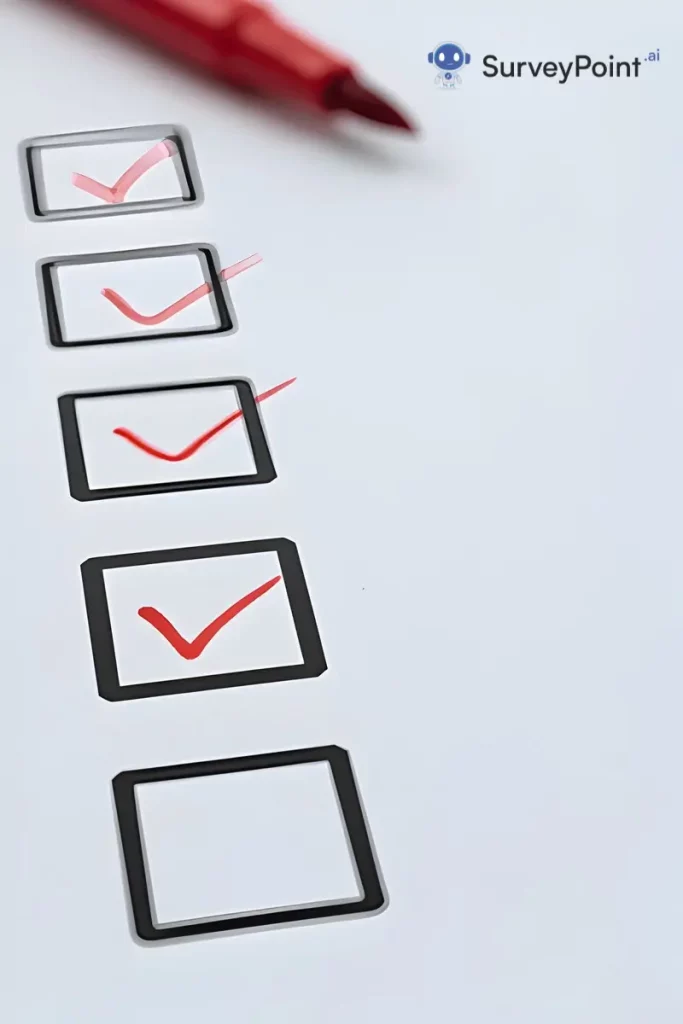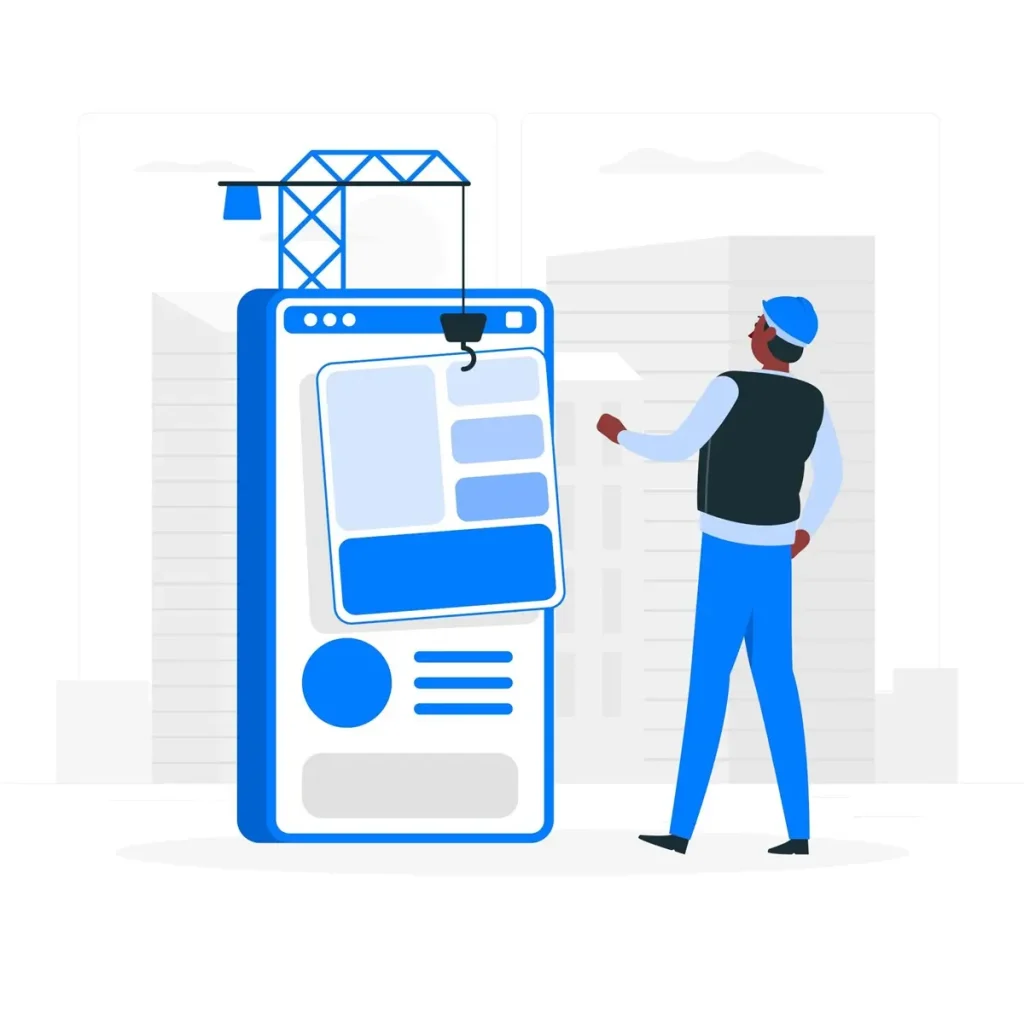
In this blog post, we’ll reveal the must-ask survey questions that will help you take your workshops to the next level.
Are you tired of running workshops that fall flat? Do you want to make sure your participants leave feeling inspired and satisfied? The key to creating successful workshops lies in understanding your audience’s needs and expectations. That’s where survey questions come in handy.
Why Surveys Matter for Your Workshops
Before we jump into the questions, let’s talk about why surveys are so important. Think of surveys as your secret weapon for workshop success. They give you valuable insights into what your participants want, need, and expect. By asking the right questions, you can:
1. Tailor your content to your audience’s interests
2. Address specific pain points and challenges
3. Improve your workshop design and delivery
4. Show participants that you value their input
5. Gather testimonials and success stories
Now that we understand the importance of surveys, let’s dive into the questions you should be asking.
Pre-Workshop Survey Questions: Setting the Stage for Success
1. What’s your main goal for attending this workshop?
This question helps you understand your participants’ motivations. Are they looking to learn new skills, solve a specific problem, or network with others in their field? Knowing their goals allows you to shape your content accordingly.
2. What’s your biggest challenge related to [workshop topic]?
By identifying your participants’ pain points, you can make sure your workshop addresses their most pressing concerns. This question shows that you care about solving real problems.
3. How would you rate your current knowledge of [workshop topic] on a scale of 1-10?
Understanding your audience’s expertise level helps you pitch your content at the right level. You don’t want to bore experts or overwhelm beginners.
4. What specific topics or skills do you hope to learn during this workshop?
This question gives you a clear idea of what your participants expect to gain. Use their answers to fine-tune your workshop content and make sure you’re meeting their needs.
5. Have you attended similar workshops before? If yes, what did you like or dislike about them?
Learning from others’ successes and failures can help you avoid common pitfalls and incorporate winning strategies into your own workshop.
During-Workshop Survey Questions: Keeping Your Finger on the Pulse
6. How engaging do you find the content so far?
This real-time feedback helps you gauge participant interest and make adjustments on the fly if needed.
7. Is the pace of the workshop too fast, too slow, or just right?
Pacing is crucial for keeping participants engaged. This question allows you to adjust your speed to match your audience’s needs.
8. Are the examples and case studies relevant to your work?
Relevance is key to engagement. If participants can’t see how the content applies to their situation, they’re less likely to stay focused.
9. Do you have any questions that haven’t been addressed yet?
This open-ended question gives participants a chance to voice any concerns or curiosities that may have come up during the workshop.
10. What’s the most valuable thing you’ve learned so far?
Asking this question not only helps you identify what’s resonating with your audience but also encourages participants to reflect on their learning.
Post-Workshop Survey Questions: Gathering Valuable Insights
11. How likely are you to recommend this workshop to a colleague? (Scale of 1-10)
This Net Promoter Score (NPS) question is a great way to gauge overall satisfaction and the likelihood of word-of-mouth referrals.
12. What was the most valuable part of the workshop for you?
Identifying the highlights helps you understand what aspects of your workshop are most impactful.
13. Was there anything you expected to learn that wasn’t covered?
This question helps you spot any gaps in your content and gives you ideas for future workshops or follow-up materials.
14. How do you plan to apply what you’ve learned in your work?
Encouraging participants to think about practical applications increases the chances they’ll put their new knowledge into practice.
15. What could we have done to make the workshop even better?
This open-ended question invites constructive feedback and shows that you’re committed to continuous improvement.
16. Would you be interested in attending future workshops on related topics? If yes, which topics?
This question helps you gauge interest in future events and gives you ideas for new workshop themes.
17. How would you rate the workshop facilitator’s knowledge and presentation skills?
Feedback on your performance as a facilitator is crucial for your personal growth and the overall quality of your workshops.
18. Did the workshop meet your expectations? Why or why not?
This question allows you to compare participants’ experiences with their initial expectations, helping you identify any misalignments.
19. How useful were the workshop materials (handouts, slides, etc.)?
Understanding the value of your supporting materials helps you refine and improve them for future workshops.
20. Would you be willing to provide a testimonial about your workshop experience?
Positive testimonials are gold for marketing your future workshops and building credibility.
You must know
101 Powerful Customer Satisfaction Survey Questions You Need Now
The All About Me Survey: Unlock Student Potential
Making the Most of Your Survey Results
Now that you have these powerful questions in your toolkit, it’s time to put them to work. Here are some tips for making the most of your survey results:
1. Look for patterns: Identify common themes in the responses to spot widespread issues or success points.
2. Act on feedback: Don’t just collect data – use it to make real improvements in your workshops.
3. Close the loop: Let participants know how their feedback has influenced your workshop design. This shows that you value their input.
4. Segment your data: Analyze responses based on factors like industry, experience level, or job role to gain deeper insights.
5. Track trends over time: Compare results from multiple workshops to see how your improvements are paying off.
6. Share insights with stakeholders: Use survey data to demonstrate the value of your workshops to decision-makers in your organization.
Conclusion: The Power of Asking the Right survey Questions
By asking these essential survey questions before, during, and after your workshops, you’ll gain valuable insights that can transform your events from good to great. Remember, the key to successful workshops lies in understanding and meeting your participants’ needs. With these questions in your arsenal, you’ll be well-equipped to create workshops that truly resonate with your audience and leave a lasting impact.
So, are you ready to take your workshops to new heights? Start by incorporating these survey questions into your next event and watch as your participants’ satisfaction – and your reputation as a workshop leader – soar. Happy surveying!




